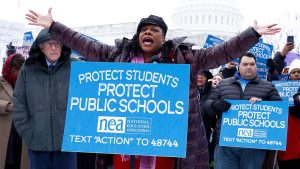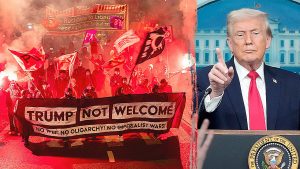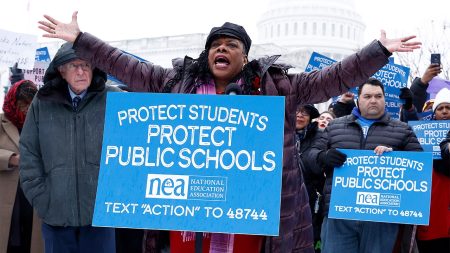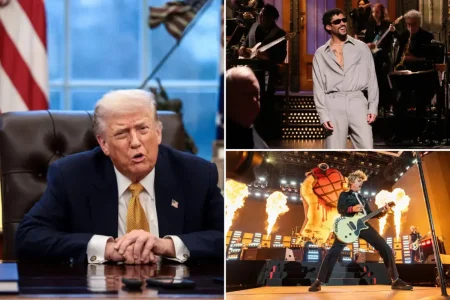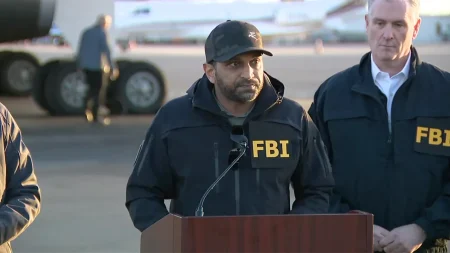Bridging Political Divides in Paradise
In the warm, tropical setting of Puerto Rico, New York’s political elite gathered for their annual conference – a tradition that has long served as both a formal policy discussion forum and an informal networking opportunity away from the scrutiny of their home constituencies. This year’s event took an unexpected turn when several politicians who had previously been vocal opponents of Assembly Member Zohran Mamdani approached him with surprisingly cordial overtures. The scenic backdrop of palm trees and ocean views created a disarming atmosphere where the usual sharp-edged political rivalries seemed to soften, if only temporarily. What became evident throughout the conference was a calculated effort by these former adversaries to gather intelligence about Mamdani’s close advisors, policy directions, and political strategy – all while maintaining a veneer of reconciliation and collegiality that the relaxed setting made possible.
The relationship between Mamdani and his former critics has been complex and often contentious. As a progressive representative who had challenged many establishment positions, Mamdani had faced significant opposition from more moderate and conservative elements within New York politics. Their disagreements had played out in committee hearings, public statements, and occasionally through surrogates in the media. Yet in Puerto Rico, these same politicians who had once questioned his qualifications or criticized his policy proposals now sought him out during cocktail receptions and between conference sessions. Their conversations began with lighthearted reminiscences of past campaigns or discussions of neutral topics like infrastructure needs, gradually shifting toward more probing questions about who truly held influence in his decision-making process. The contrast between their previous public stances and their current friendly approaches was striking to many observers at the gathering.
What made these interactions particularly noteworthy was the transparent nature of the information-seeking behavior. Though cloaked in casual conversation, the questions clearly aimed to map out Mamdani’s support network and understand the dynamics of his political operation. Who were his closest advisors? Which community leaders did he consult before making major decisions? How did his office prioritize constituent concerns? The politicians employing this strategy came from diverse political backgrounds, suggesting a coordinated effort to understand – and perhaps eventually influence or counteract – Mamdani’s growing political effectiveness. For his part, Mamdani navigated these conversations with a measured openness, sharing general information while carefully avoiding revealing strategic details that might compromise his political independence or the trust of his inner circle.
The annual gathering itself represents an interesting phenomenon in American politics – a space where the usual rules of engagement are temporarily suspended, allowing for interactions that would be difficult to imagine in Albany or City Hall. With its mixture of policy panels, informal discussions, and social events, the Puerto Rico conference creates opportunities for relationship-building across traditional dividing lines. Some participants view these moments as valuable bridge-building exercises that can lead to genuine bipartisan cooperation. Others, however, see them as merely tactical pauses in otherwise unrelenting political combat – chances to gather intelligence rather than to find common ground. The reality likely includes elements of both perspectives, with the true intentions varying by individual and circumstance.
What these interactions reveal about the current state of New York politics extends beyond the specific case of Mamdani and his former opponents. They highlight how personal relationships and information networks remain crucial in an era often characterized by ideological polarization and public posturing. Despite the technological transformation of political communication, face-to-face conversations in settings away from public scrutiny continue to shape alliances, influence strategies, and determine what is politically possible. The politicians seeking information about Mamdani’s inner circle understood that knowing who has someone’s ear can be as important as knowing their stated policy positions. This recognition of the human element in politics – that decisions are made by people influenced by other people, not just by abstract ideologies – demonstrates a sophisticated understanding of how political power actually operates.
As the conference concluded and attendees prepared to return to New York, the question remained whether these temporary thaws in relationships would translate into meaningful cooperation or whether they were merely tactical maneuvers in an unchanged political landscape. For Mamdani, the experience likely provided both an opportunity and a warning – a chance to potentially expand his coalition beyond traditional allies, but also a reminder to remain vigilant about the true intentions behind sudden friendliness from former adversaries. For the political observers present, the interactions offered a fascinating glimpse into how politics functions beyond the cameras and official statements, in the realm of personal connections and strategic information-gathering. The sunny shores of Puerto Rico had once again served as the backdrop for the complex, very human drama of political relationship-building, with all its genuine moments of connection and its calculated attempts to gain advantage in the ongoing competition for influence and power.
